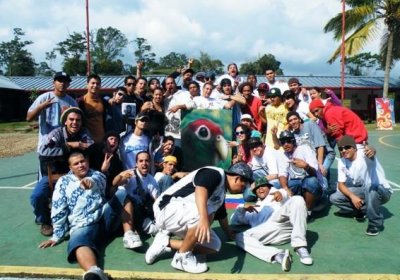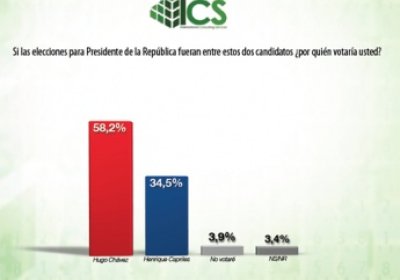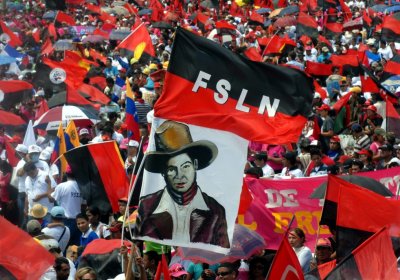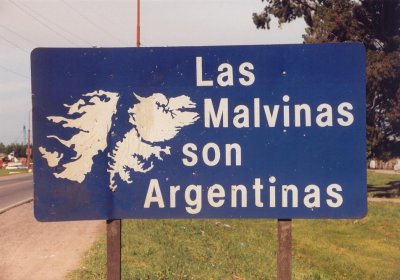The oil-rich South American nation of Venezuela is in the midst of a complicated and contradictory process of social transformation. The revolutionary movement, headed by President Hugo Chavez, is redistributing wealth, bringing key industries under state ownership and promoting experiments in direct, participatory democracy. The aim of the Bolivarian revolution is to build a “socialism for the 21st century”.
Latin America & the Caribbean
Cuban President Raul Castro has urged the Caribbean nation's citizens to contribute to a free and frank debate on the future of Cuba’s socialist project.
For the Cuban Communist Party (PCC), the aim of this debate is twofold: to strive for consensus on a new Cuban model of socialist development and to empower Cuba’s working people to implement what has been decided.
In other words, to advance a socialist renewal process in the face of entrenched opposition from within the administrative apparatus.
When the paramilitaries of the United Self-Defense Forces of Colombia (AUC) arrived in San Onofre in northern Colombia in the late 1990s, they came after dark, dragging people from their homes and disappearing into the night.
Soon, they did not need the cover of darkness. People were executed in public plazas in broad daylight. Women and young girls were openly raped and abused.
Bolivia’s vice-president Alvaro Garcia Linera brought a message of hope and anti-imperialist commitment to Mexico in early February.
Speaking to an overflowing assembly of students and university personnel at Mexico City’s UNAM (National Autonomous University), he said the left-wing government led by President Evo Morales welcomes social-movement protests and conflict. The more, the better.
“The struggle is our nourishment, our peace,” Garcia Linera said. “It does not overwhelm us. Absolute calm frightens us.
The International Network in Solidarity with the Political Prisoners (INSPP) received the wonderful news on February 29 that Colombian labour activist, human rights defender and political prisoner Liliany Obando was to be released on bond the next day.
Obando had been in jail for three years and seven months on charges of "rebellion".
Obando was arrested on August 8, 2008 while serving as the human rights coordinator for Agricultural Workers Union Federation of Colombia (Fengasuagro), Colombia's largest organisation of peasant farmers and farm workers unions and associations.
Colectivo Mujer and the Addison Road Gallery in Marrickville, Sydney invite you to “Latinas: Our Origins, Our Voices”. This cultural event will celebrate International Women’s Day (IWD) on March 8.
Colectivo Mujer is a group of women from Latin America and elsewhere who strongly identify with our cultures that recognise the contribution of women and men to ever-evolving feminisms.
“The confrontation here isn’t between Chavez and this little man, it’s the bourgeoisie against the people, the empire against the country”, Venezuelan President Hugo Chavez said on February 16.
Chavez was referring to his newly-nominated presidential opponent, Henrique Capriles Radonski. He was pointing to the class battle that lies behind the looming presidential elections scheduled for October 7.
The Cuban Institute of Friendship with the Peoples is inviting all friends of Cuba to join the sixth International Brigade of Volunteer Work and Solidarity with Cuba this May Day.
The brigade runs from April 22 to May 6 this year. It aims to provide a wider understanding of Cuban reality and carry out volunteer work to support agricultural development in Cuba.
The 15-day program includes visits to historical, economic, cultural and social places in Havana and the provinces of Artemisa and Pinar del Rio.
A new twist in the turbulent saga surrounding a proposed roadway through indigenous land has reignited a debate raging throughout Bolivia since the middle of last year.
The controversial highway ― which would cut through the Isiboro-Secure National Park and Indigenous Territory (TIPNIS) ― has been at the centre of protests and counter-protests. It has polarised Bolivian society and divided indigenous groups that are the heart of the Evo Morales government’s social base.
In a fit of petulant anger, the US government lashed out on January 25 against the outcome of Nicaragua’s recent presidential election. The leftist Sandinista National Liberation Front's (FSLN) Daniel Ortega was easily re-elected president and the FSLN won a majority in the National Assembly.
The article below has been translated by Federico Fuentes. It first appeared in the Latin America-wide magazine America XXI
* * *
“We support the right of self-determination of the habitants of the Falkland Islands [Malvinas]; what the Argentines having been saying recently is, in my opinion, much more similar to colonialism, because these people want to continue being British and the Argentines what them to do something different.”
Member countries of Latin America’s alternative integration bloc, the Bolivarian Alliance for the Peoples of Our America (ALBA), met for its 11th summit in Caracas on February 4 and 5 to discuss advancing the organisation.
ALBA is made up of the governments of Venezuela, Cuba, Bolivia, Ecuador, Nicaragua, Dominica, Saint Vincent and the Grenadines, and Antigua and Barbuda. Formed in 2004, ALBA seeks to develop trade on the basis of solidarity and cooperation.
- Previous page
- Page 113
- Next page







